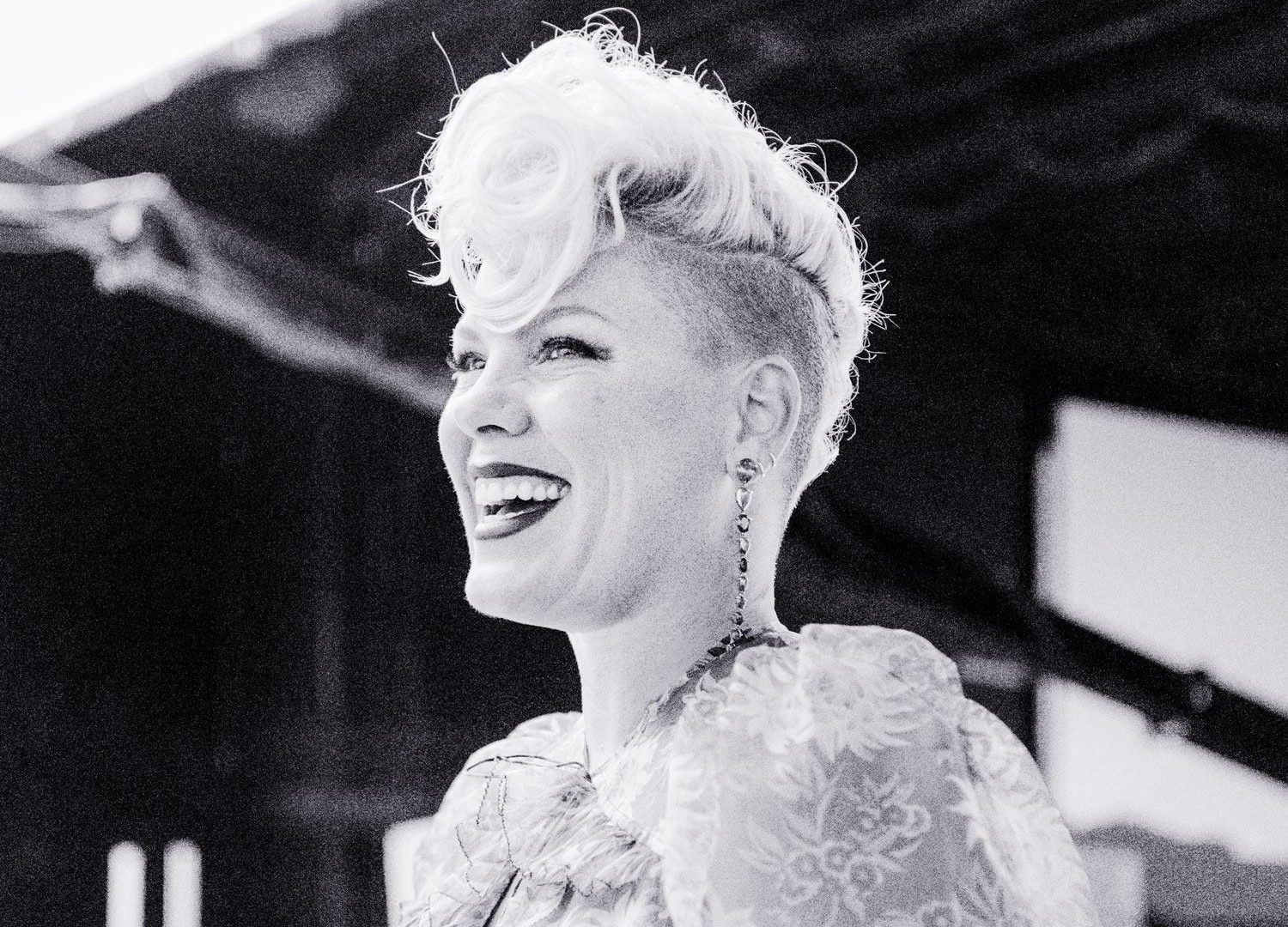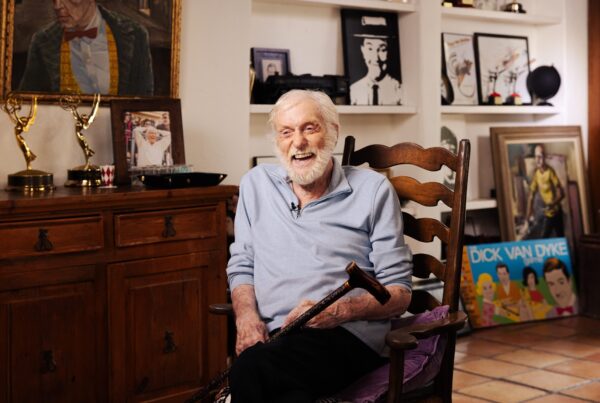Your heart’s racing. Breath is coming in short bursts. Your ears are ringing. You feel dizzy. Are you having a heart attack? No. But you are having a panic attack. Panic attacks can leave you feeling disorientated and helpless and for about 6 million adults, this is something that they have to deal with throughout their lives. Another person that has experience with this is pop powerhouse Pink.
Now while she’s lauded for her fearless persona, the singer has her own vulnerabilities and anxieties, so much so that she used to experience debilitating panic attacks. As a result, she’s now using her voice to raise awareness about panic disorders.
Pink’s Journey With Panic Attacks
“I used to get pretty awful panic attacks and I didn’t know what was happening. I didn’t have anybody to talk to about it and I didn’t know what to do. I would feel like I was having strokes, like, stroke symptoms, it was terrifying.”
The three-time Grammy-award winner opened up about her mental health thanks to a partnership with Child Mind Institute, whose new campaign aims to encourage young people to be more open about their mental health struggles.
So, what are panic attacks?

Photo by Hailey Kean on Unsplash
Per the Mayo Clinic, a panic attack can be defined as ‘a sudden episode of intense fear that triggers severe physical reactions when there is no real danger or apparent cause.’
Around 11% of people will experience a panic attack at least once in their lives. However, when these panic attacks become recurrent and individuals spend long periods of time worrying about the next episode, then they may go on to develop a panic disorder.
Symptoms of panic attacks
Common signs of a panic attack include:
- Sense of being overwhelmed by fright and terror, with accompanying physical distress for between four and six minutes.
- Racing and pounding heartbeat
- Chest pains
- Dizziness and Light-headedness
- Nausea
- Difficulty breathing
- Tingling or numbness in the hands
- Flushes and chills
- Sense of unreality
- Fear of losing control, going “crazy,” or doing something embarrassing
- Fear of dying
For Pink, her panic attacks would often land her in the hospital. Unfortunately, her condition was not taken seriously at the time,
“I had a number of EKGs [electrocardiograms] that always led back to ‘You’re fine, you’re fine, there’s nothing wrong, you’re imagining it all, it’s all in your head,”” she recalled.
Sadly, mental health conditions are often not taken as seriously as they should be. This is why it is important to raise awareness about them so that people can access the necessary treatment and not suffer in silence.
Dealing with panic attacks
While her worries were initially brushed off, Pink soon came into contact with a therapist. They helped her learn steps on how to take care of herself. The mother-of-two built a “spiritual toolbox” of self-care practices that helped her manage her anxiety.

Pink/Facebook
These practices included meditation, relaxing rituals (such as lighting candles and cooking), exercise, and songwriting. The songstress noted that “Writing songs is probably the thing that has saved my life.”
For those struggling with anxiety, meditation is an effective coping tool. In fact, a study from Michigan Technological University found that just one hour of meditation helped reduce anxiety and improve heart health.
Another study, published in Frontiers in Psychiatry, found that individuals who follow an active lifestyle have an almost 60% lower risk of developing anxiety disorders over a follow-up period of up to 21 years.
Chances are that you may not be writing pop hits anytime soon. However, journaling and writing your thoughts down is also a great way to manage your anxious feelings.
Aside from Pink’s spiritual toolbox, panic disorders can also be managed with anti-depressants, anti-anxiety medications, as well as therapy.
Takeaway
Yes, panic attacks can feel like the world is ending, but I can promise you that it’s not. If you do experience a panic attack, it’s important to remember that it will pass. As long as you remember your treatment, you can go on living a healthy and fully-functional life.
“I encourage all of you to write, journal, talk to someone, and start building your own spiritual toolbox.
I will tell you from being a very, very afraid 7-, 8-, 13-, 23-, 31-, and now 42-year-old woman, it does get better and there are beautiful moments waiting for you and there are beautiful people waiting to love you,” – Pink
MAIN IMAGE CREDIT: P!nk/Facebook
Want to know more?
Pink is not the only celebrity that’s had to deal with mental health woes. Kendall Jenner has been open about her battles with social anxiety, going even further to share how she copes with social anxiety.
References
Smyth, J. M., Johnson, J. A., Auer, B. J., Lehman, E., Talamo, G., & Sciamanna, C. N. (2018). JMIR mental health, 5(4), e11290. https://doi.org/10.2196/11290
Svensson, M., Brundin, L., Erhardt, S., Hållmarker, U., James, S., & Deierborg, T. (2021). Physical Activity Is Associated With Lower Long-Term Incidence of Anxiety in a Population-Based, Large-Scale Study. Frontiers in psychiatry, 12, 714014. https://doi.org/10.3389/fpsyt.2021.714014



![women [longevity live]](https://longevitylive.com/wp-content/uploads/2020/01/photo-of-women-walking-down-the-street-1116984-100x100.jpg)










